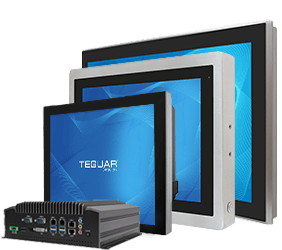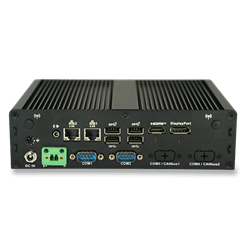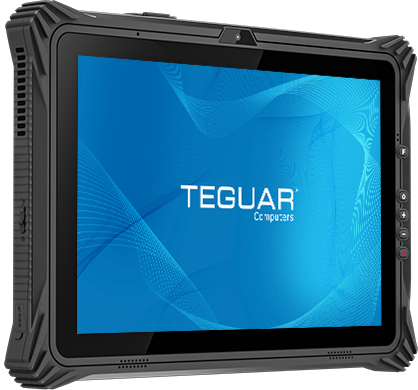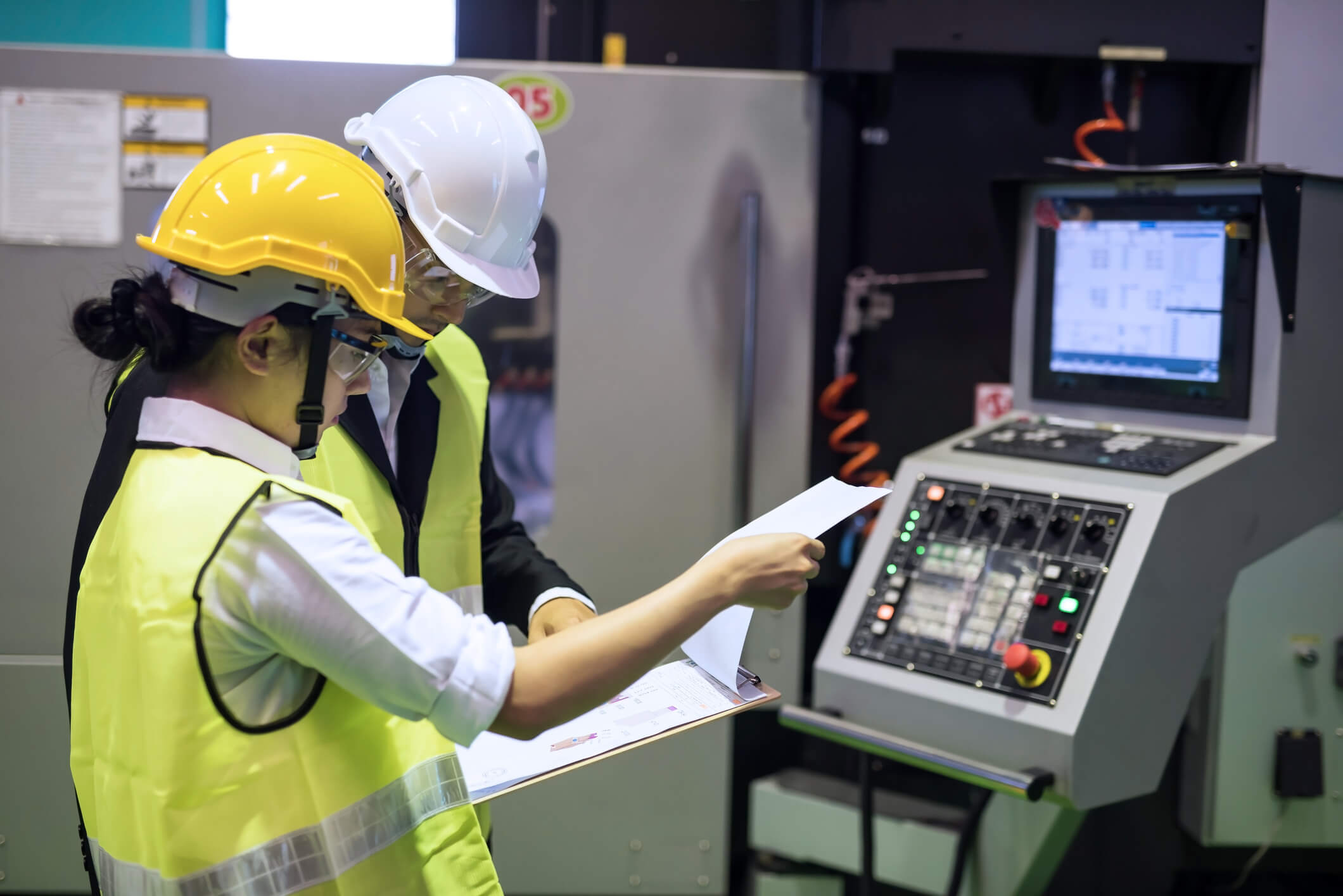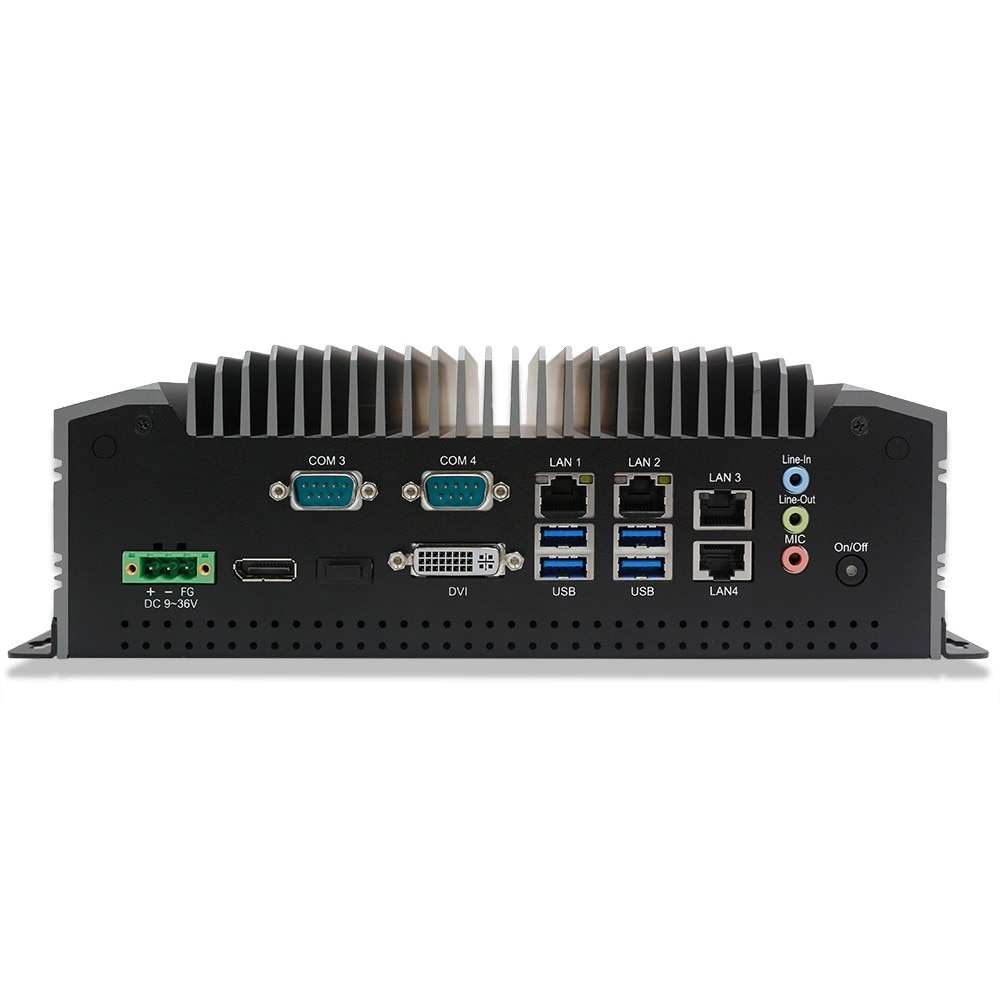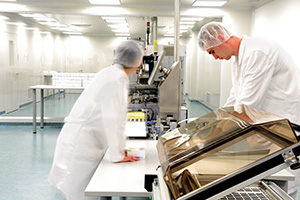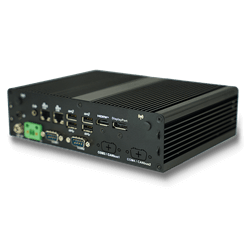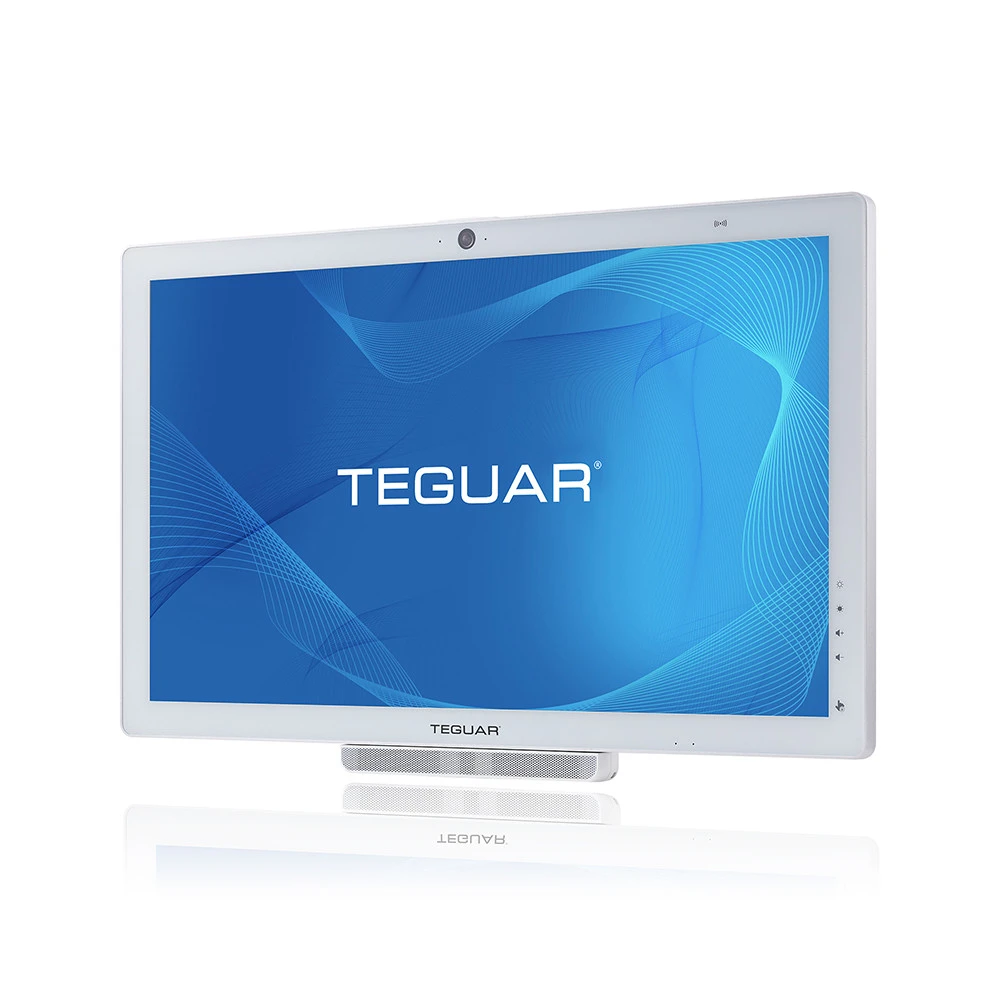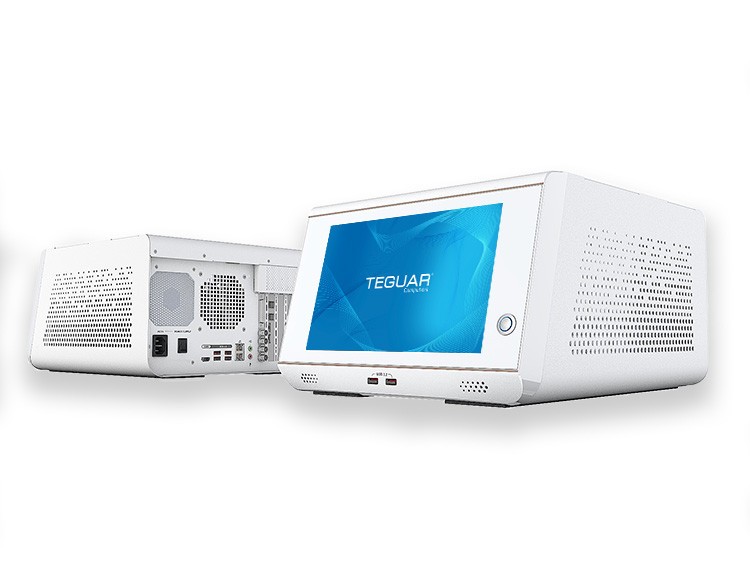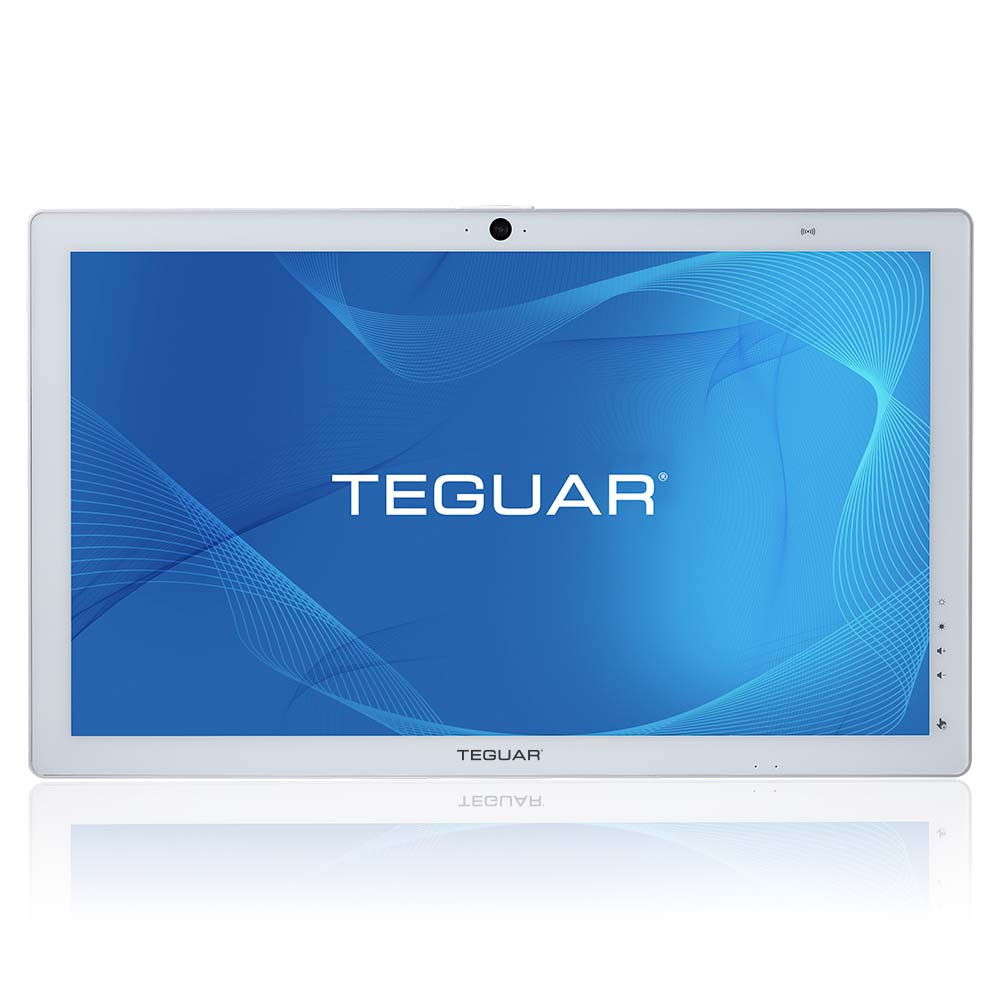Medical PCs That Significantly Reduce Superbug Threat in Hospitals
There have been many reports in the media of superbug infections in hospitals around the world leading to panic among the general public. For example, the U.S. Centers for Disease Control reported that the KPC (Klebsiella Pneumoniae Carbapenemases) bacteria previously prevalent in New York and New Jersey have now spread to more than half of all American states. In Brazil, the newspaper O Estado de S. Paulo reported that 18 people had died due to KPC in the country’s capital Rio de Janeiro. KPC has now been confirmed to be resistant to multiple antibiotics, including Penicillin.
The pharmaceutical industry has not yet launched a valuable program to develop new drugs to treat this superbug so the only response from the CDC so far has been to issue working guidelines to decrease the chance of intra-hospital infections. Doctors are advised to wear protective clothing and gloves when treating patient diagnosis with KPC infection to protect them and minimize the chance of spreading the bacteria to other people.
Other common multiple drug resistant bacteria in hospitals include MRSA, MDRAB, VRE, NDM-1 and more. These bacteria spread through contact and most infections occur in hospitals. The only way to reduce the threat is to reduce the chance of infection through “contact” as much as possible.
In response to the medical crisis caused by these superbugs, Teguar offers an all new design for medical computers. The housing protection design of the T-191/192 is IP65-rated at the front and IPX1-rated overall. When used on a long-term basis in a medical atmosphere where it must be regularly swabbed down and disinfected, the T-191/192 offers both high dependability and stability.
The Anti-MRSA Design (Advanced design w/ optional flexibility) housing of the T-191/192 is made out of persistent anti-bacterial plastic that suppresses the growth of MRSA by up to 99.999% (in a 24-hour test). The anti-bacterial formula is mixed into the PC+ABS plastic so the housing itself has anti-bacterial properties that are not reduced even when sterilized with alcohol swabs on a regular basis.
Key Design Features of the Teguar T-191/192
1. Seamless Full Flat Touch Screen
To prevent the harboring of bacteria in hard-to-clean computer seams, Teguar T-191/192 adopts the Full Flat Touch Screen design for the area of most frequent contact to achieve a completely seamless result.
2. Use of Anti-Bacterial Materials
The plastic housing of the T-191/192 is made out of persistent anti-bacterial plastic that suppresses the growth of MRSA bacteria by up to 99.999% (in a 24-hour test). The anti-MRSA housing is an options for customers to choose.
3. Intel Core 2 Duo computing power
The T-191 series uses the latest Intel Core 2 Duo, giving the single-board computer high performance and lower power consumption. The smart fan solution reduces noise to below 35db as well.
4. Optional Fanless design
The T-192 uses a fanless design in addition to its Core 2 Duo processing power to meet the stringent noise requirements in a medical setting to make the computer as noiseless as possible during use.
5. Custom Main Board Design
Thermal flow simulation was carried out on all heat-producing active components, including the CPU, DRAM, NB and HDD to optimize board layout and component placement. Compared to the reference mini-ITX PCB designs on the market today, Teguar’s custom mainboard avoids the problem of poor thermal dissipation impacting reliability during long-term use.
6. Exacting thermal design
Teguar has always adopted a very solid & complete approach to thermal design so our products not only perform dependably but are also far more reliable during long-term use. These qualities are very important for medical device vendors.
7. Long-term 5~7-Year product life cycle
Teguar is capable of supporting long-term 5 ~ 7-year product life cycles.
8. Customization service
The design of the mainboard, housing, BIOS and drivers are all developed in-house so we can meet the requirements of any special applications. If you have any customization requirements, please do not hesitate to contact our sales representative.


